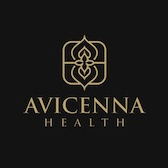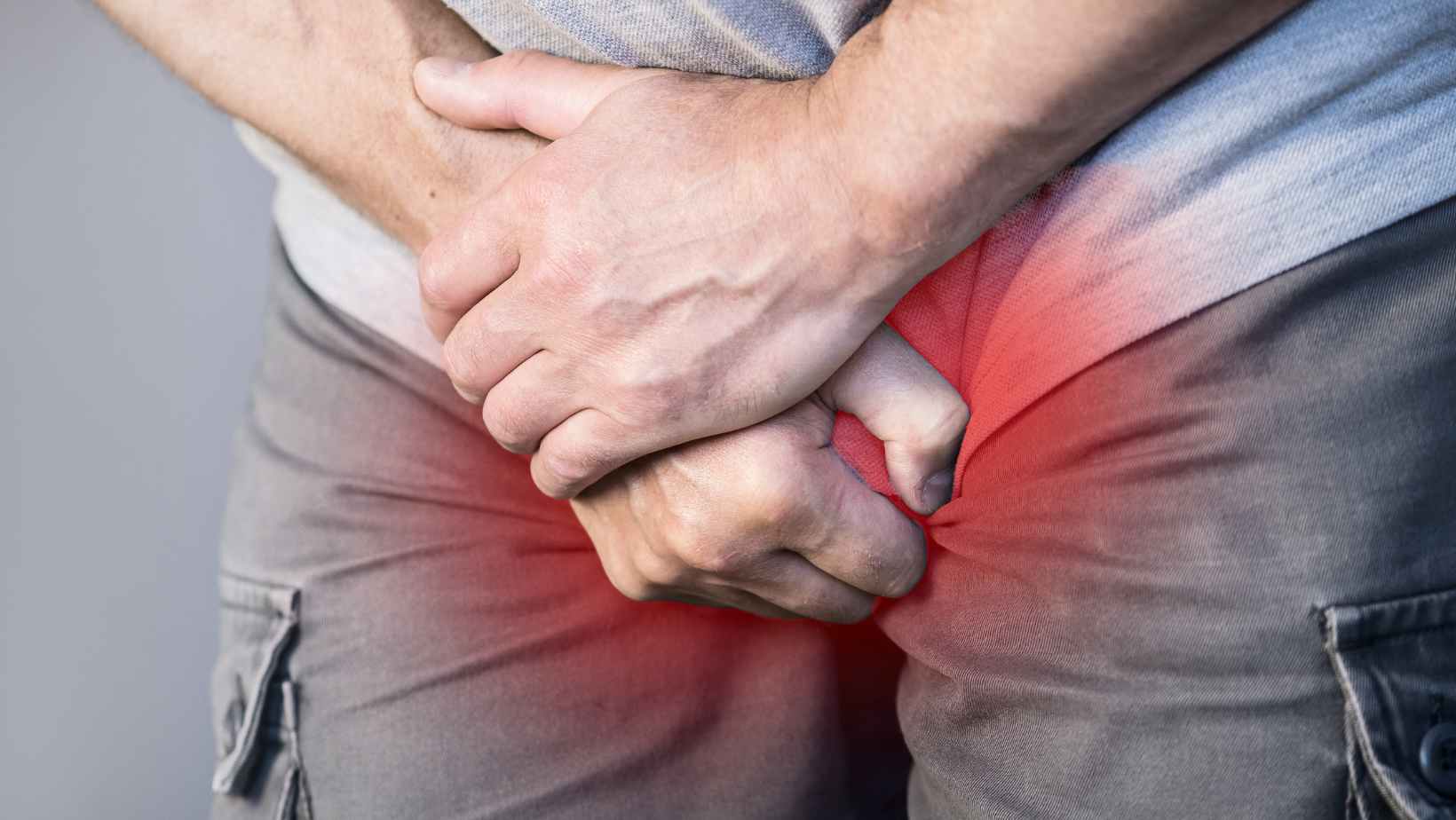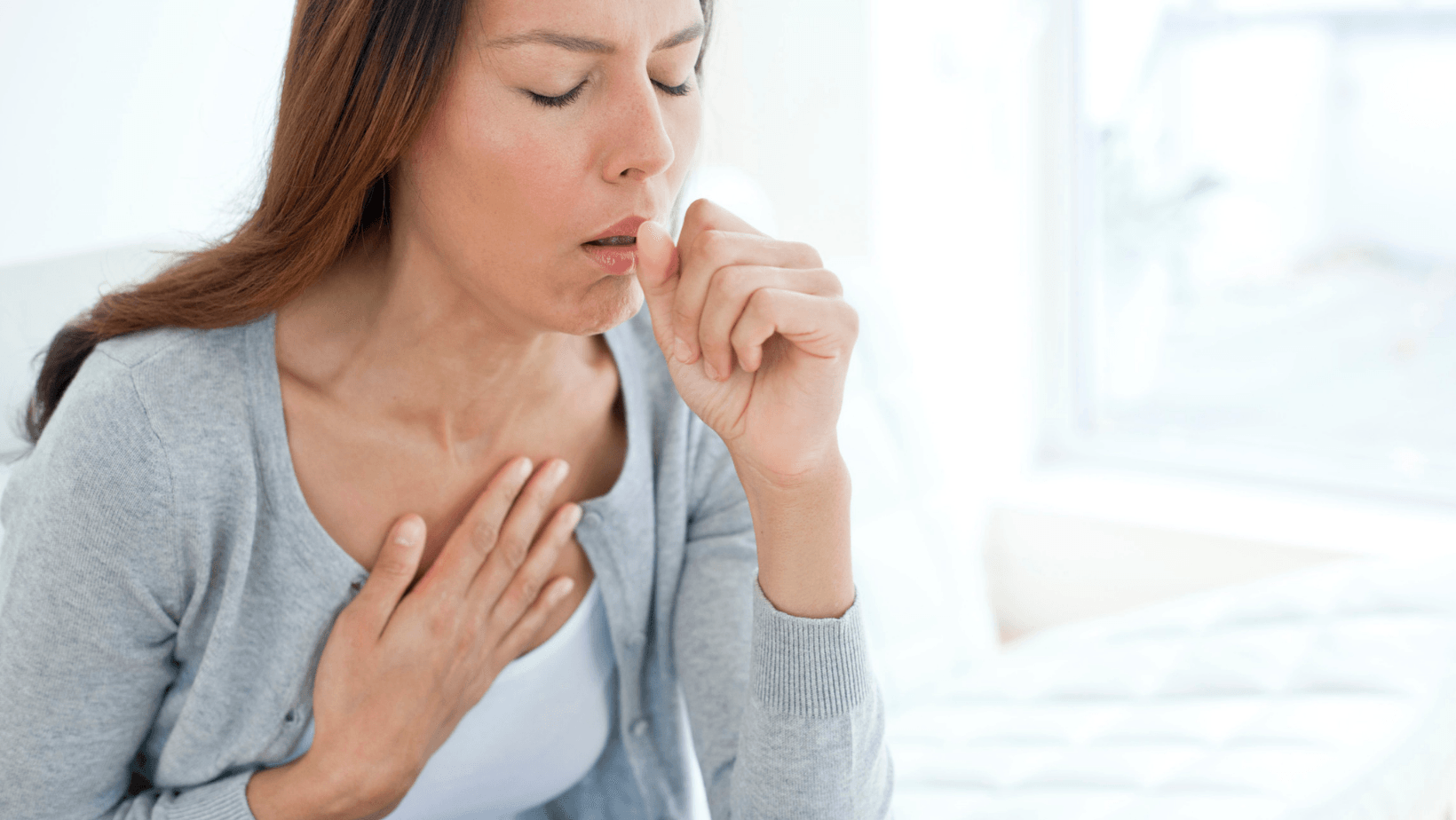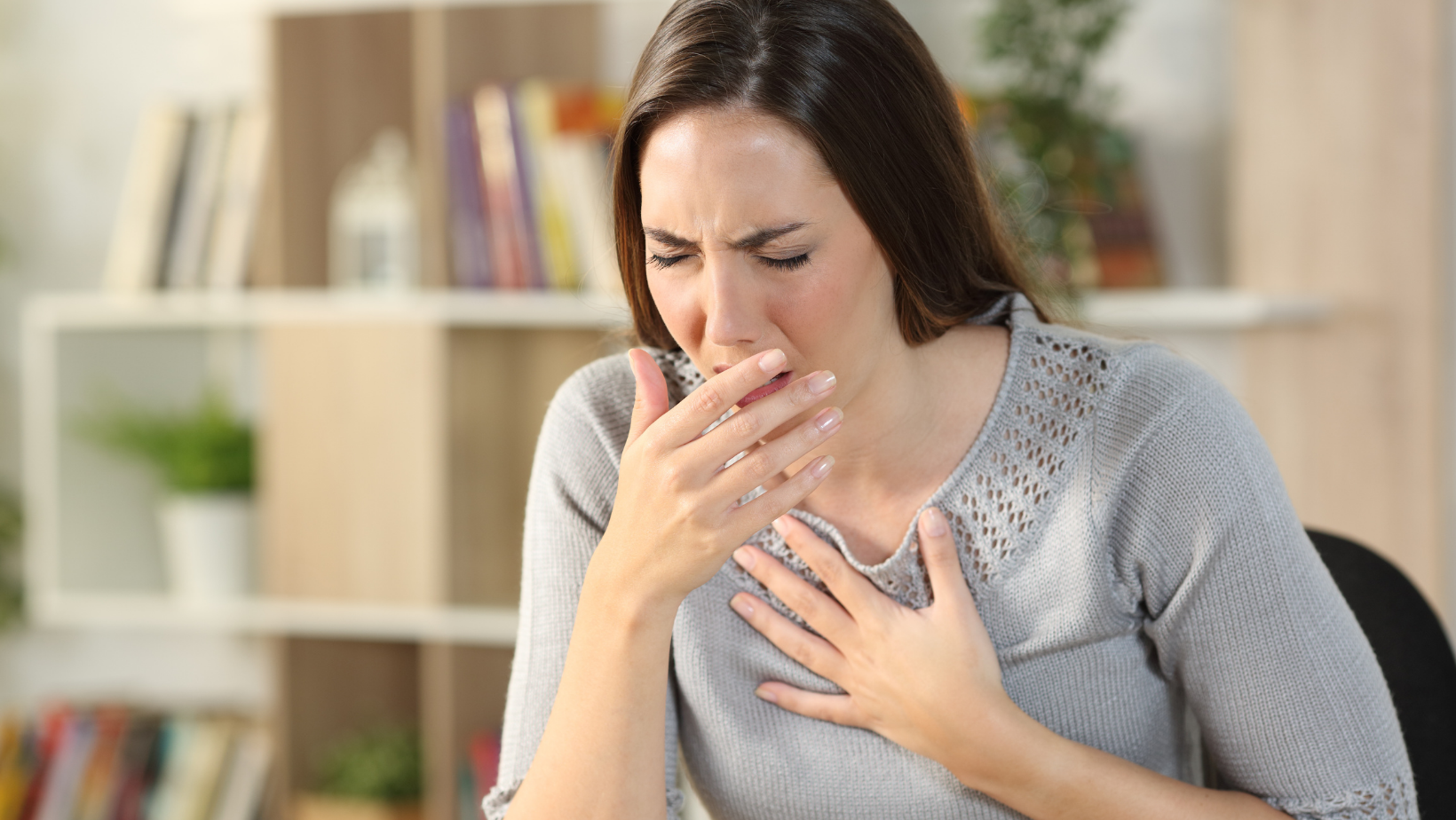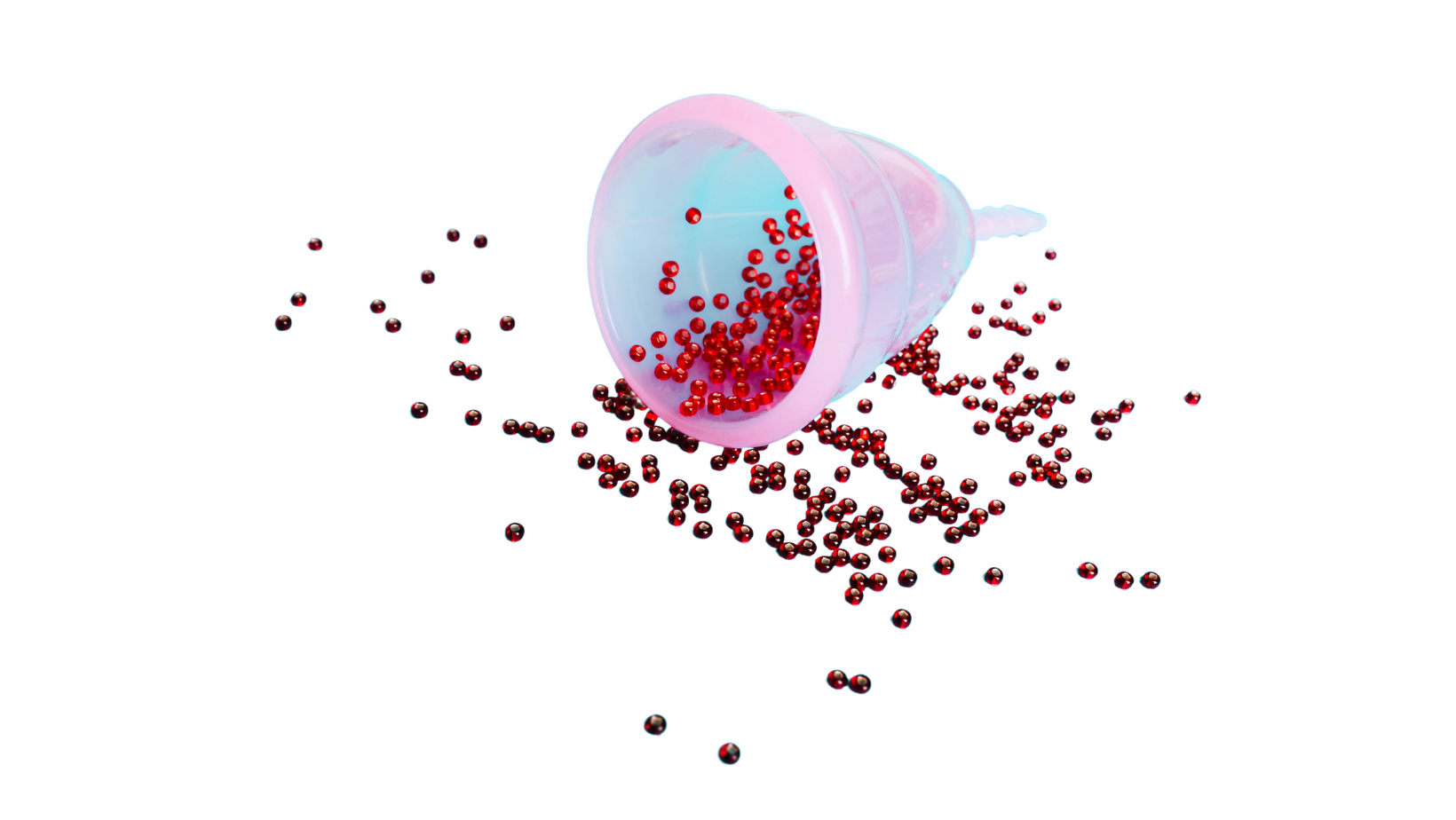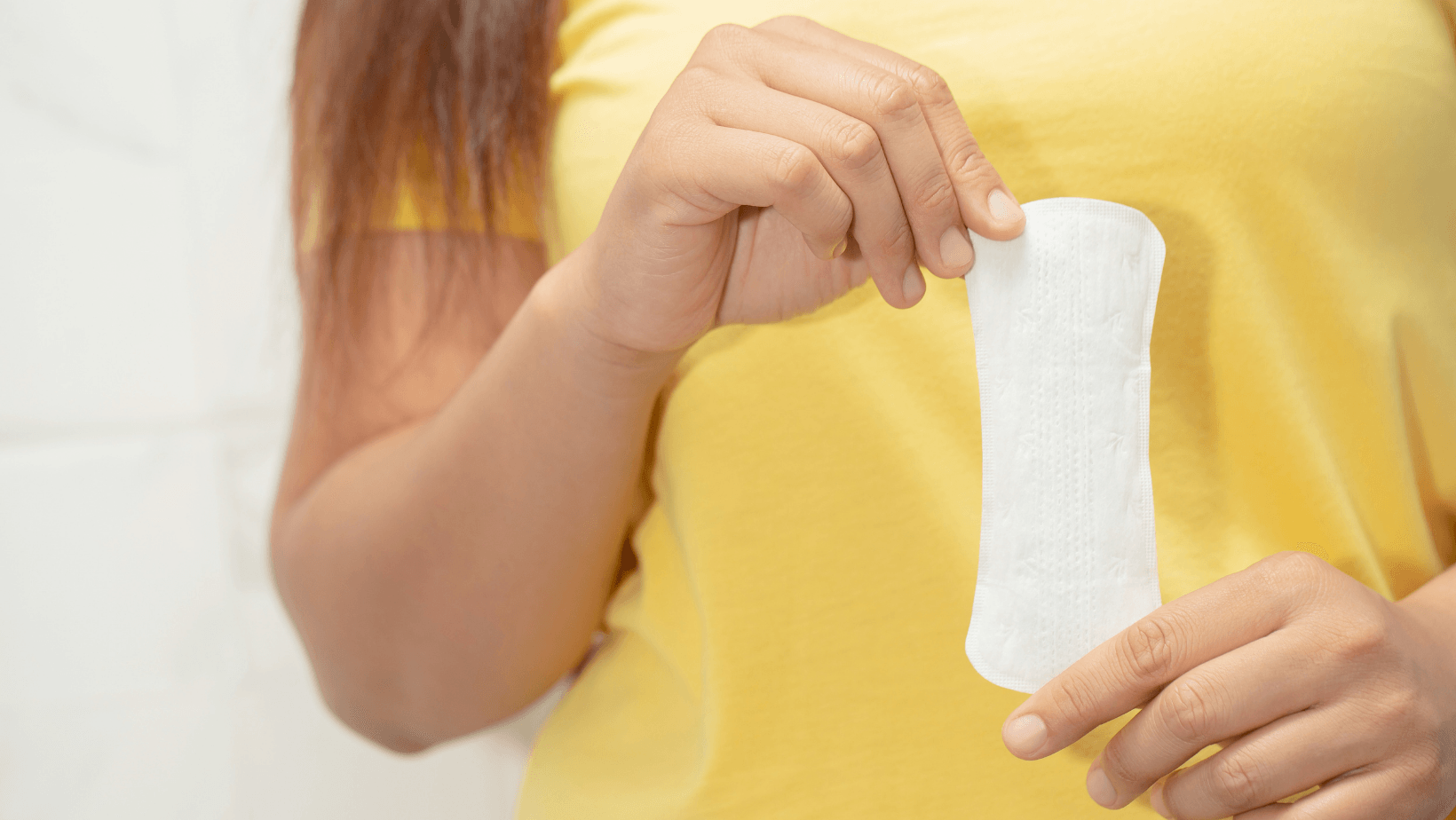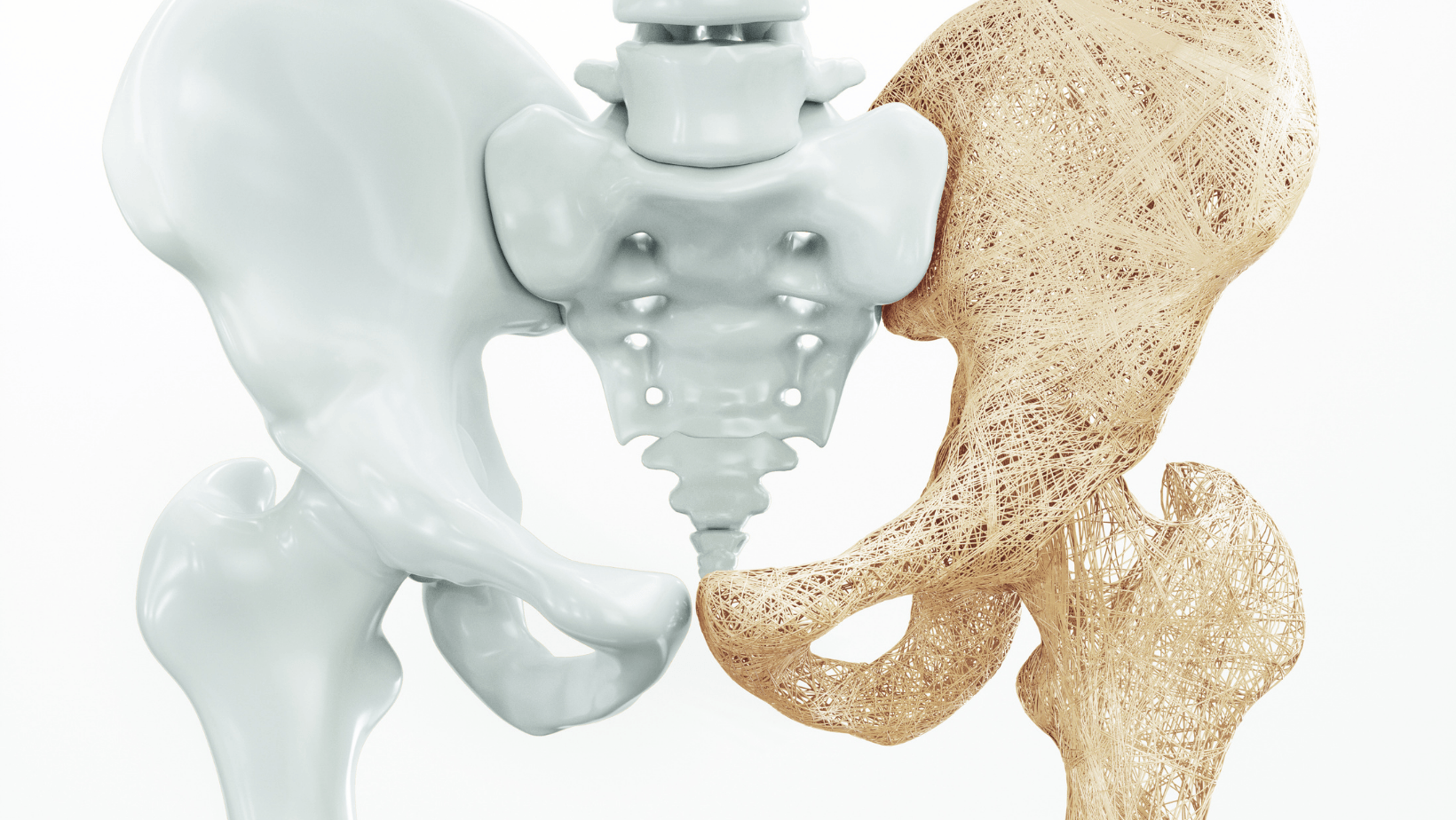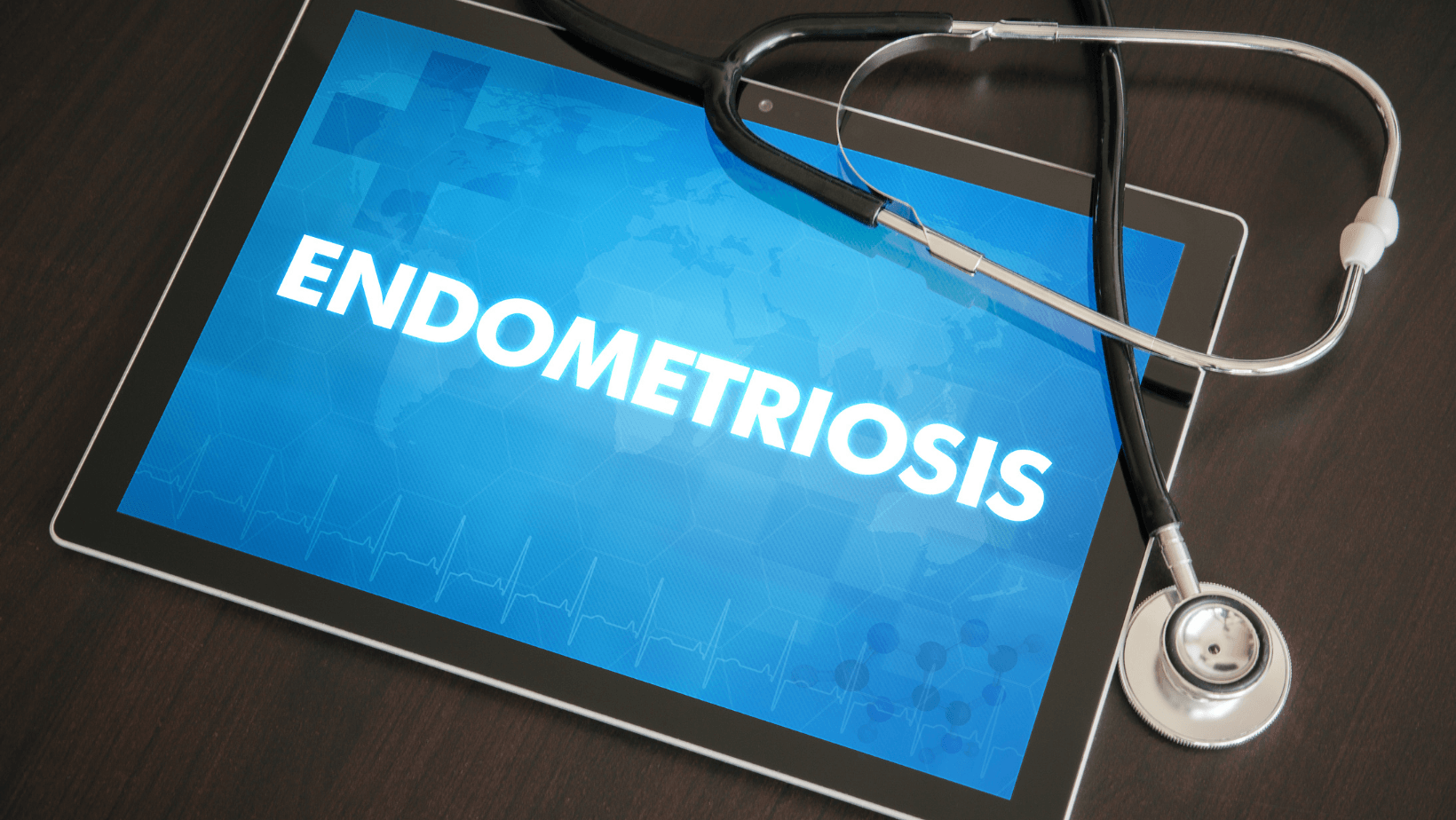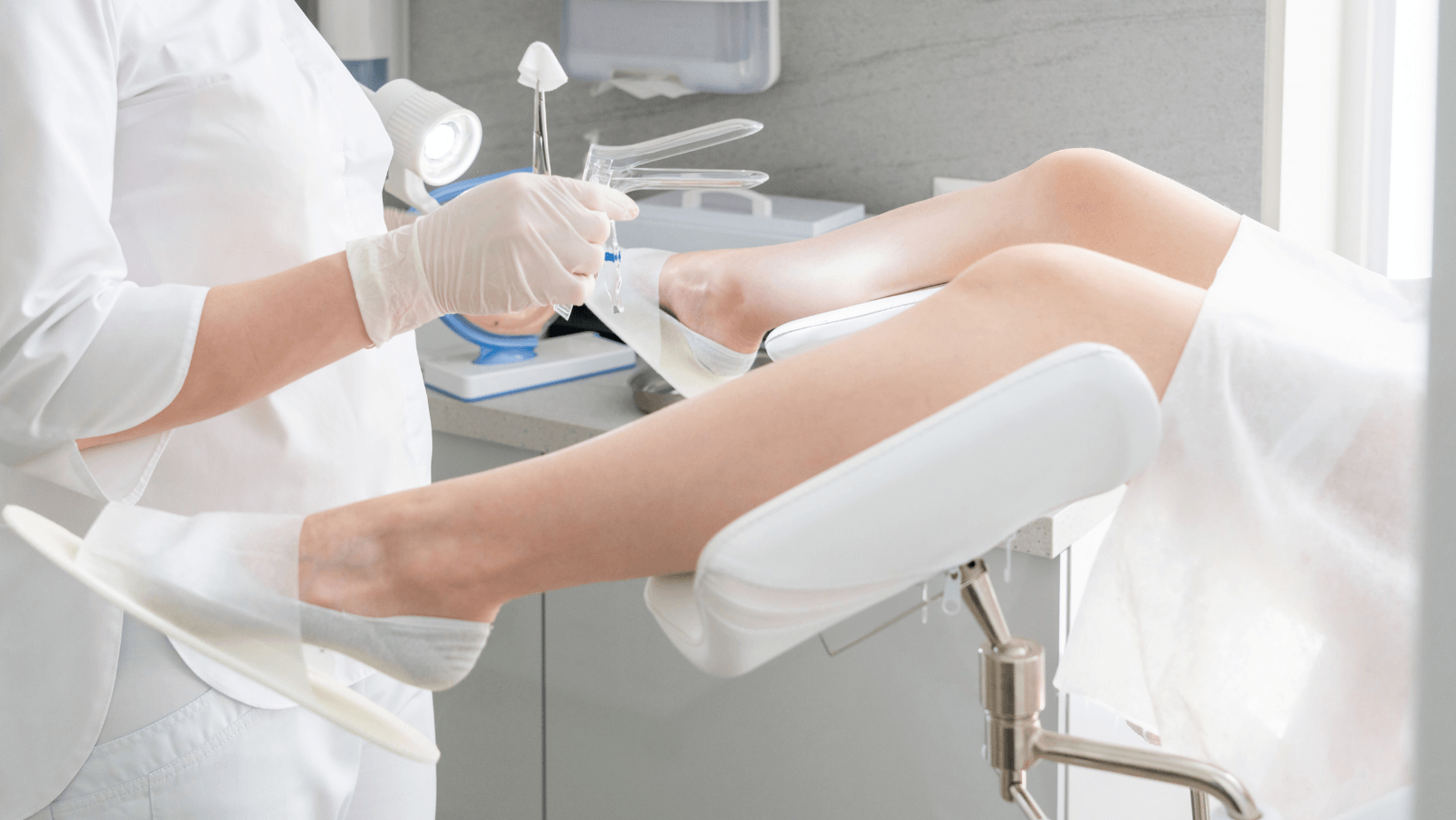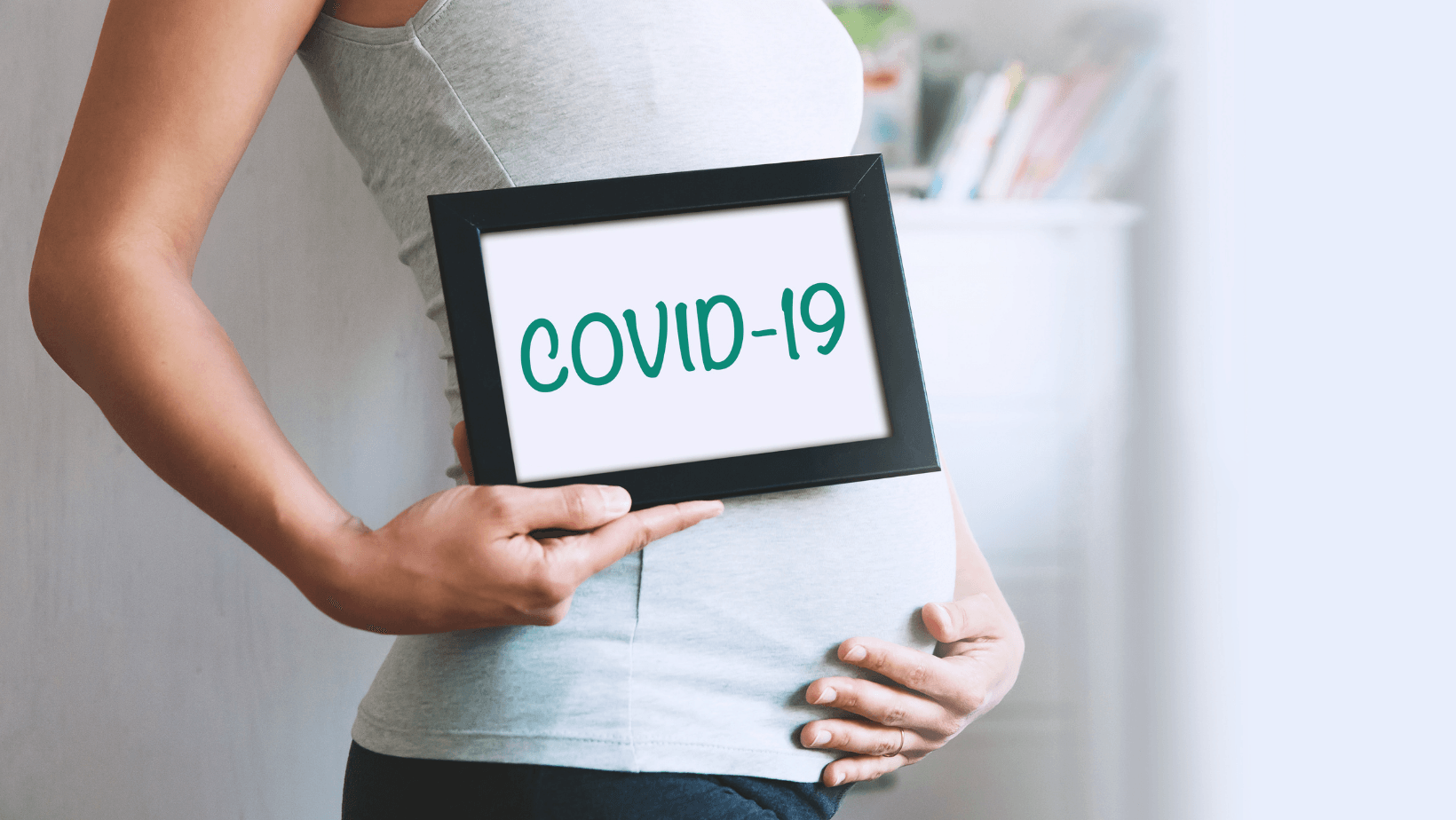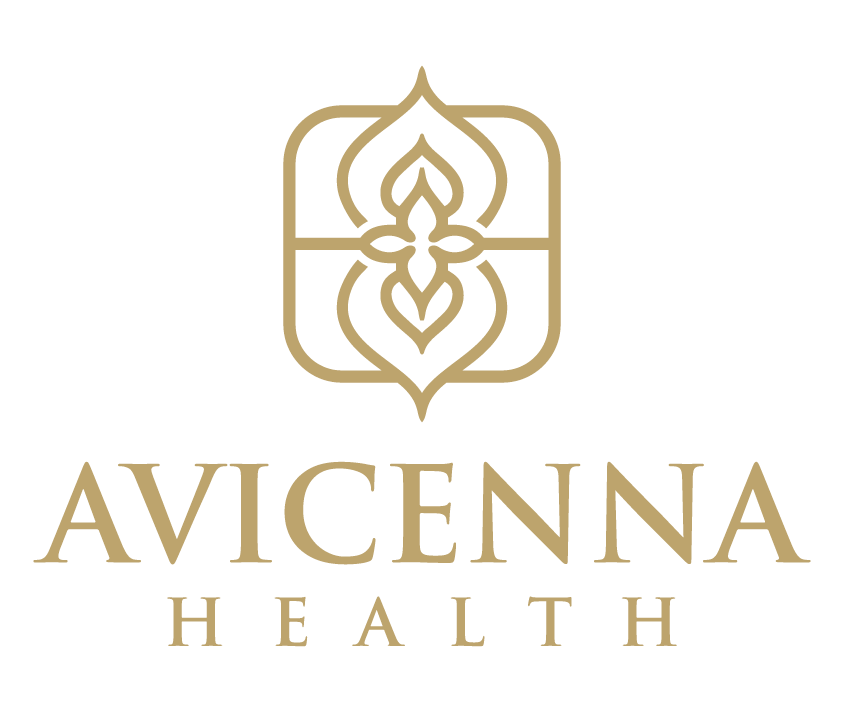Gerd Gastroesophageal Reflux - Avicenna Health
GERD - Gastroesophageal Reflux
Have you ever experienced a burning sensation in your chest after eating? Or while in your bed?
Do you ever get a bad sensation in your chest after eating, and you think it is a heart attack?
It is a very common disease called Gastroesophageal reflux disease, AKA GERD.
Definition of Gastroesophageal reflux?
GERD is when stomach contents flow back into the esophagus or beyond, into the oral cavity and the lungs.
It is a digestive disorder that affects the ring muscle between the esophagus and the stomach.
This muscle is called Lower Esophageal Sphincter (LES).
Symptoms
1. Heartburn – which is a burning sensation in the chest, usually after eating or at night.
2. Chest pain – and some GERD patients mistake heartburn pain for the pain of heart disease.
3. Difficulty swallowing
4. Trouble breathing
5. Nausea and vomiting
6. A feeling of fullness or a lump in the throat
7. Anemia
8. Weight loss
9. Coughing and breathing problems
Causes of GERD
Well, the cause of the disease is anything that causes the Lower esophageal sphincter to be weak or to relax when it shouldn’t.
Risk factors
- Obesity and overweight
- Hiatal hernia –which is when the stomach bulges up into the chest through an opening in the diaphragm
- Pregnancy
- Gastroparesis – which is delayed emptying of the stomach
- Diseases of connective tissue such as lupus or scleroderma
- Smoking
- Specific food and drinks (chocolate – fatty foods – fried foods – alcohol, and coffee)
- Some medications (aspirin)
- Large meals
- Eating too soon before going to bed
When to see a doctor?
- If you have severe symptoms, or having chest pain with shortness of breath, or jaw and arm pain.
- If OTC medications don’t help relieve the symptoms.
Diagnosis
The doctor can make the diagnosis with clinical history and physical examination.
But to confirm the diagnosis, the doctor can order:
- Proton-pump inhibitor trial – if the symptoms improve, then you have GERD
- Upper endoscopy – it may show esophagitis signs such as erosions and ulcerations
- Ambulatory pH monitoring
- Esophageal manometry – it may suggest other diseases that can cause the symptoms.
- X-ray of the upper digestive system
- We can do an ECG and Cardiac biomarkers to rule out heart disease.
Differential Diagnosis
- Acute coronary Syndrome
- Stable Angina
- Achalasia
- Peptic Ulcer Disease
- Eosinophilic Esophagitis
- Malignancy
- Functional Dyspepsia
Management
Lifestyle modification and over-the-counter medications.
- Medications are Antisecretory meds such as Proton Pump inhibitors (PPIs)
- Lifestyle modification:
1. Stop smoking – because smoking can decrease the lower esophageal sphincter's ability to function correctly.
2. Elevate the head of the bed
3. Not lying after a meal
4. Having a healthy weight
5. Avoid foods and drinks that trigger the disease
6. Eating food slowly and chewing it well
7. Avoid tight-fitting clothes
References
Mayo clinic
WebMD
BMJ
Healthline
PubMed
If you have any concerns about non-emergent health conditions, you may schedule a telemedicine consult with Avicenna Health provider for individualized consultation.
